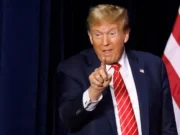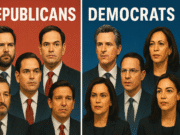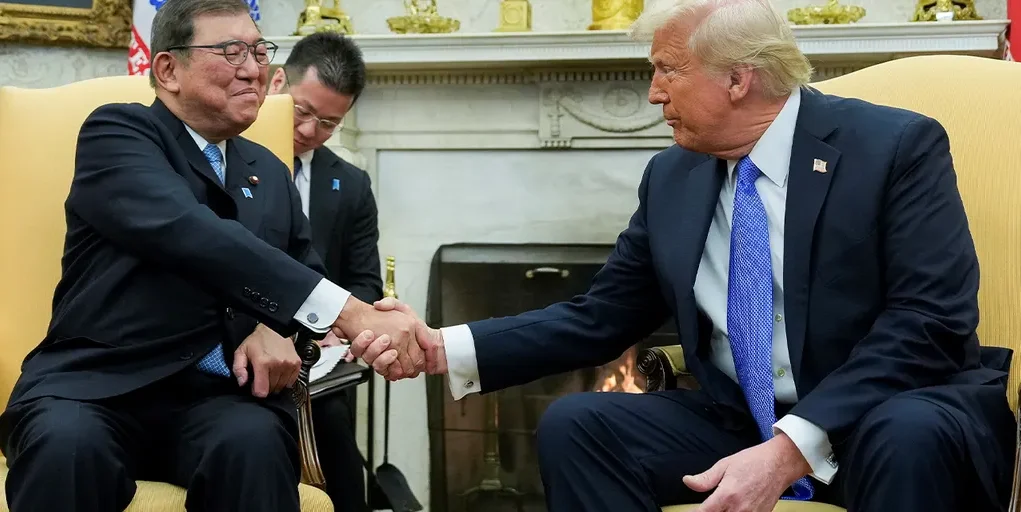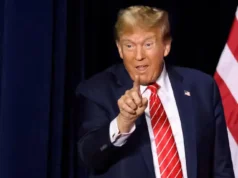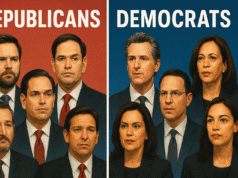Washington, D.C. – July 23, 2025 — In a landmark economic move, former President Donald J. Trump has announced a sweeping new trade and investment agreement between the United States and Japan, marking what his office calls the largest foreign investment commitment in American history.
The agreement, which includes a $550 billion Japanese investment directed by the U.S. government, is being framed as a strategic realignment of the U.S.–Japan economic partnership. Trump hailed the deal as a “generational shift” that would revitalize American industry, restore balanced trade, and reinforce the U.S.–Japan alliance.
“This deal delivers for the American people,” Trump said in a statement. “It rebuilds our economy, strengthens our industrial base, and reaffirms America’s leadership in the world.”
Largest Foreign Investment in U.S. History
Under the terms of the agreement, Japan will channel $550 billion into key American industries, with funds controlled by the U.S. for strategic investment. The sectors targeted include energy infrastructure, semiconductor manufacturing, pharmaceutical production, critical mineral development, and both commercial and defense shipbuilding.
According to Trump’s communications office, the United States will retain 90% of the profits generated from this investment, which is expected to create hundreds of thousands of jobs and contribute to a “once-in-a-century” industrial revival.
New Tariff Structure on Japanese Imports
As part of the deal, a new 15% baseline tariff will be applied to imports from Japan. The Trump team argues that this tariff framework will generate billions in revenue while narrowing the U.S. trade deficit with Japan.
The tariff plan also aims to establish a more predictable and transparent global trade environment—one that, Trump argues, will better protect American producers and workers from outdated and one-sided trade rules.
Expanded Market Access for U.S. Exports
The agreement also opens up substantial new market access for American businesses across a range of industries:
• Agriculture: Japan will increase its import quota of U.S. rice by 75% and commit to purchasing $8 billion in U.S. agricultural goods, including corn, soybeans, fertilizer, and sustainable aviation fuel.
• Energy: Japan will significantly expand its imports of U.S. energy, with negotiations underway for a new offtake agreement for Alaskan liquefied natural gas (LNG).
• Manufacturing and Aerospace: Japan has agreed to purchase 100 U.S.-made Boeing aircraft and expand defense equipment imports, strengthening alliance interoperability.
• Automotive: For the first time, U.S. automotive safety and emissions standards will be approved in Japan, and longstanding barriers to U.S. vehicles will be removed.
A Strategic Realignment
Trump’s team emphasizes that the deal is not merely about trade, but a deeper economic and strategic partnership. The agreement is intended to cement the U.S.–Japan relationship as a pillar of peace and prosperity in the Indo-Pacific and a driver of global innovation and supply chain resilience.
“President Trump has once again delivered a transformative outcome,” the statement read. “He is proving that when the United States leads from strength, the world follows—and America wins.”
The White House Office of Communications said the agreement will serve as a new foundation for mutual economic prosperity, national security alignment, and technological leadership between the two nations.



